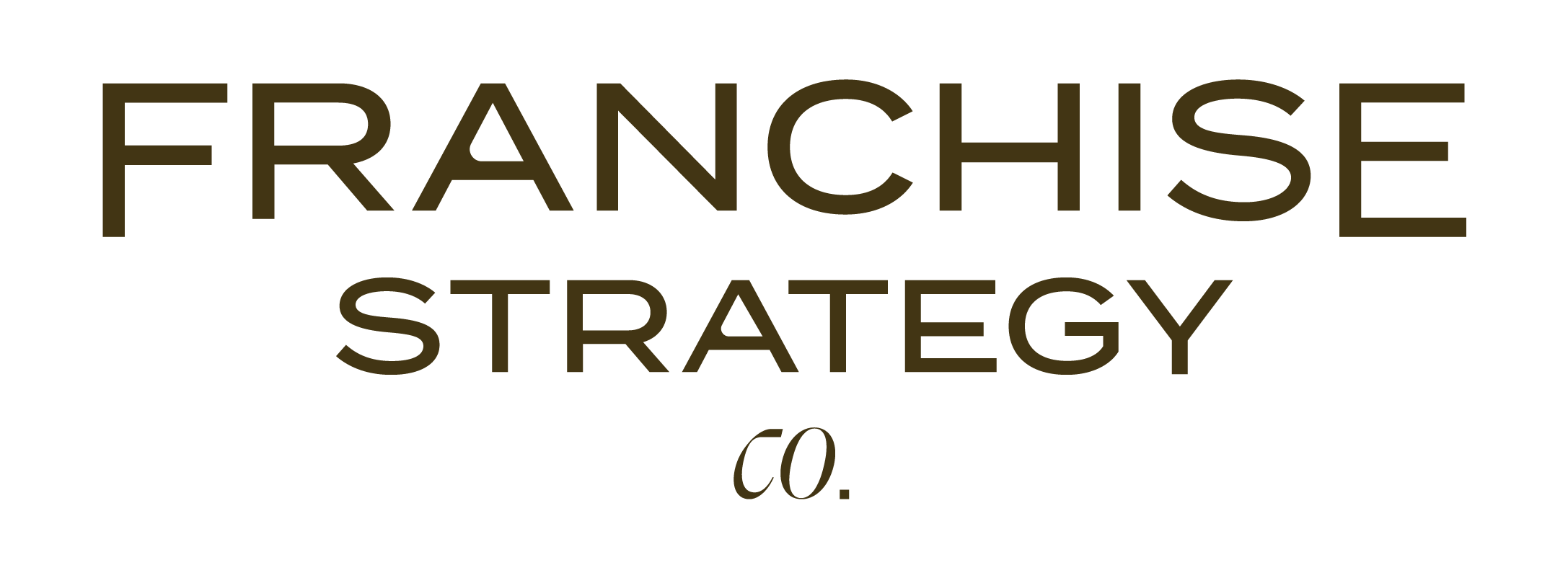Gaining a comprehensive understanding of the significance of promotion is essential to achieving success in the competitive business world. The ability to master this fourth P of marketing is a critical factor in effectively capturing the attention and interest of our target audience, which ultimately drives growth and profitability. By exploring the intricacies and nuances of promotion, we can gain valuable insights into how to build a thriving business and stay ahead of the competition.

Understanding Promotion in Marketing
Promotion is all about communication. It’s the process through which businesses convey the value of their products or services to their target audience. This P encompasses various activities, from advertising and public relations to sales promotions and influencer collaborations. Promotion is the bridge that connects a brand’s offerings with the needs and desires of its customers.
Components of Promotion
Promotion can be broken down into several key components, each serving a unique purpose in the marketing mix:
Advertising
This is the most well-known aspect of promotion. Advertising involves creating and delivering messages through various channels such as television, radio, print media, online platforms, and social media. It’s a strategic effort to build brand awareness and influence consumer behavior.
Public Relations (PR)
PR focuses on managing a brand’s reputation and building positive relationships with the public. This involves media relations, press releases, event sponsorships, and crisis management. Effective PR can enhance credibility and foster goodwill with stakeholders.
Sales Promotion
Sales promotions are short-term tactics aimed at encouraging immediate purchases. This includes techniques like discounts, coupons, limited-time offers, and loyalty programs. Sales promotions can create a sense of urgency and excitement among consumers.
Personal Selling
Personal selling involves one-on-one interactions between a salesperson and a potential customer. It’s particularly effective in industries where personalized explanations or demonstrations are essential, such as high-end technology products, home services, or complex solutions.
Direct Marketing
Direct marketing entails communicating directly with individual customers through channels like email, direct mail, or text messages. It allows for personalized messaging and facilitates direct engagement.
Influencer Collaboration
In the digital age, influencers have emerged as powerful intermediaries between brands and their target audiences. Partnering with influencers who align with a brand’s values can significantly amplify its reach and impact.
Crafting Effective Promotional Strategies
An effective promotional strategy doesn’t simply bombard consumers with messages; it strategically engages them with relevant and persuasive content. Here are some key considerations when crafting a promotion strategy:
- Know Your Audience: Understanding your target audience’s preferences, behaviors, and needs is essential. Tailoring your promotional messages to resonate with them increases the likelihood of capturing their attention.
- Consistency: Maintain a consistent brand voice and image across all promotional channels. This builds recognition and trust among consumers.
- Integration: Promotional activities should be seamlessly integrated with other marketing efforts. This ensures a unified and cohesive customer experience.
- Creativity: Standing out in a crowded market requires creative thinking. Employ innovative approaches, storytelling, and visual elements that engage and captivate your audience.
- Measurement and Analysis: Utilize data and analytics to assess the effectiveness of your promotional campaigns. Monitor key metrics such as reach, engagement, conversion rates, and return on investment (ROI).
Digital Era and Promotion
The digital revolution has significantly transformed the landscape of promotion. Online platforms provide unprecedented access to global audiences, enabling businesses of all sizes to promote their offerings effectively. Social media, in particular, has emerged as a powerful tool for reaching and engaging consumers.
Social media platforms allow for targeted advertising, real-time interaction with customers, and the creation of authentic brand narratives. Additionally, the rise of content marketing has shifted the focus from overt sales pitches to providing valuable, relevant, and educational content that resonates with consumers.
Ethical Considerations in Promotion
With great power comes great responsibility. As businesses navigate the promotion world, ethical considerations must not be overlooked. Transparency and honesty are vital when communicating with consumers. Misleading or manipulative tactics can damage a brand’s reputation and erode consumer trust.
Furthermore, the advent of data-driven marketing has raised concerns about privacy and the responsible use of personal information. Respecting user privacy and adhering to data protection regulations are crucial for ethical promotion.
Conclusion
In the grand symphony of marketing, promotion takes center stage as the conductor of communication between businesses and consumers. It’s the dynamic force that amplifies brand messages, ignites desire, and drives action. An effective promotional strategy harnesses the power of advertising, public relations, sales promotions, personal selling, direct marketing, and influencer collaborations to captivate and engage target audiences.
As the marketing landscape continues to evolve, businesses that master the art of promotion will find themselves attracting customers and building lasting relationships that transcend mere transactions. By understanding the nuances of this fourth P and integrating it seamlessly into their overall strategy, brands can orchestrate harmonious melodies of success in the ever-changing marketing world.


